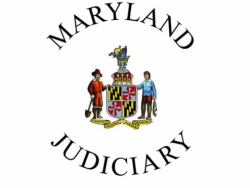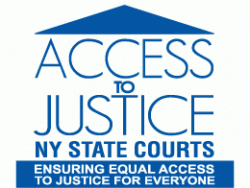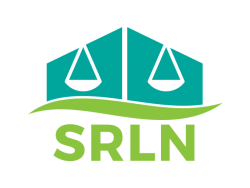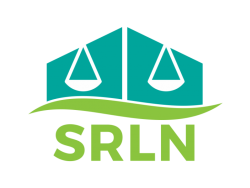
Report: Model Self-Help Pilot Program A Report To The Legislature (California 2005)
Executive Summary
Paper: Self Represented Litigants: Self Help Programs – Making the Case to the Bench and Bar (Greacen, Hough, Ledray 2006)
John Greacen, Bonnie Hough, and Susan Ledray presented at the July 2006 National Association of Court Management meeting in Florida.
Tool: Test Your Court’s Self-Representation Quotient! (Hough & James 2006)
An 18-question quiz/checklist to determine how well a court is doing in providing services to self-represented litigants. Web links to various helpful resources are also provided.

Best Practices: Best Practices for Programs to Assist Self-Represented Litigants in Family Law Matters (Maryland 2005)
From the introduction:

Best Practices: Best Practices For Court Help Centers: A Guide for Court Administrators and Help Center Staff Inside and Outside New York State (New York 2015)
A comprehensive best practices guide developed by New York covering the details of day-to-day operations of a self-help center, including a history of the New York state court help centers, initial considerations, types of services to offer, staff

Webinar: Pro Se/Self Help Program Management (SRLN 2006)
The following are the presentation and supplemental materials from the SRLN Webinar entitled "Pro Se Program Management" which was presented on March 22, 2006 by Susan Ledray, Pro Se Services Manager at the 4th Judicial District Court in Hennepin

Best Practices: Best Practices in Court-Based Programs for the Self-Represented: Concepts, Attributes, Issues for Exploration, Examples, Contacts, and Resources (SRLN 2008)
This document, now in its second version, summarizes forty-two best practices in court based self-help service innovation, with descriptions of each practice, suggested attributes, examples and contacts.
Book: The Self-Help Friendly Court: Designed from the Ground Up to Work for People Without Lawyers (Zorza 2002)
In this classic, Richard Zorza offers an early glimpse of how to design a court for self-represented litigants.